Naturally we want to protect and support our pupils, helping them to develop into healthy, fulfilled and resilient people and make sure they feel safe and enjoy their time at Westminster. Yet we also want to nurture their own pastoral skills, encouraging them to care for others and to act thoughtfully and compassionately.
We ensure that pupils receive both support and guidance from a variety of sources, primarily members of staff but also trusted peers. As well as a dedicated Housemaster, each pupil has a personal Tutor who has been assigned to him or her specifically and who knows and supports the pupil throughout his or her time at Westminster.
Additionally, pupils can always access the wider pastoral resources of the school, such as our Chaplain, the Counselling Team and a team of pupils who have been trained as Peer Supporters. We also aim to keep the channels of communication between pupils, teachers and parents as open and straightforward as possible.
Underpinning our care of pupils is a set of shared values: for example, Westminster has clear rules about alcohol, smoking and drugs and it is made clear that bullying in any form is unacceptable. Those values are made explicit in our school policies on Safeguarding and Anti-Bullying.
The school also has procedures in place relating to issues such as pupil safety on school visits, behaviour, rewards and sanctions, complaints procedures and general health and safety concerns. These policies can be viewed online or may be requested from the Registrar.
